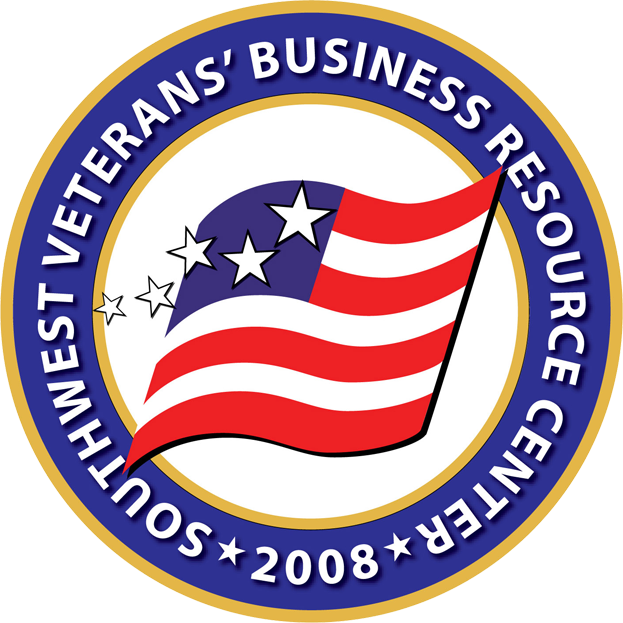Posted Mar 19th 2010 6:49PM
By Lisa
Johnson Mandell
 "Thanks for serving --
sorry we don't have anything for you."
"Thanks for serving --
sorry we don't have anything for you."
That's the message more and more recently returned veterans are
receiving from employers these days when they apply for jobs. The
unemployment rate for veterans ages 18-24 last month was 21.1 percent,
according to the Bureau of Labor Statistics -- more than double the
national average (9.7 percent).
The number of veterans in the United States is an astounding 22.2
million. Upward of 1.9 million have been deployed since 9/11.
"More than than 220,000 military members complete their service
obligations or retire every year, and just about all of them are looking
for a civilian job," says Lisa Rosser, a veteran herself who has
started The
Value Of a Veteran, a consulting service that specializes in
educating human
resource professionals on the best practices for finding,
recruiting, and retaining military service members.
"Many
employers do see the value of veterans in the workplace as it relates to
their loyalty, integrity, and work ethic," says Melanie Gutermuth, a
25-year-old veteran who served in the Army for four years and has been
searching for a job in the Washington, D.C., area for about 12 months.
But, she adds, "There seems to be the notion among some people that
veterans are overly troubled, medication-reliant people, and therefore
not as stable or reliable. Not all veterans are impaired by their
experiences."
The Challenges
No one can be completely prepared for a physical, mental or emotional
injury, and about 21 percent of those coming home from serving after
9/11 report having a service-connected disability. However, notes
Gutermuth, these vets "have a wide variety of military and VA services
available to them to help them rehabilitate and successfully return to
the workplace. As a result, veterans are often some of the most
innovative and dedicated members of a work team."
Still, vets face many unanticipated employment obstacles. Some
employers fear service members might be deployed again after being
trained and starting the job. And then there's the sad fact that while
they were overseas serving their country, back in the United States,
jobs were being cut en masse. Veterans are coming home to one of the
worst employment environments in this country's history.
Gutermuth says she's had "quite a difficult time finding and
maintaining a (full-time) job," although she's worked seasonal
and temporary
jobs. "Something that has been a burden for me, and for many other
veterans I know, is that when filing for VA services and benefits after
discharge, there are often a lot of medical appointments to attend. The
VA does not schedule at your convenience; you must take what you are
given, and they usually take all day. When you are a young new employee
constantly having to take days off of work, it reflects negatively on
your work performance. There is new legislation that is supposed to
protect against this, but it is too new to see it in practice yet."
The Solutions
So, what should a job-seeking veteran do to improve his or her
chances of landing a job?
Know how military skills apply: "One of the
obstacles many veterans face when they reintegrate back into the
civilian job force is the ability to translate the skills they've
acquired in the military into a non-military job," says Kathie Scarrah,
deputy director of the Army Reserve Employer Partnership Office. She
says that both veterans and employers need to recognize that commanding a
unit of soldiers on the battlefield in Iraq employed skills that a project
manager in the civilian work force uses. Whether you're under fire
in the field or in the board room, service members bring strategic
thinking, leadership, dedication and skills to the table. Veterans would
do well to stress that in interviews and on applications, Scarrah
advises.
Start your own business: Jim Wilson, a business
attorney and veteran who advises vets to start a business or buy a
franchise, says, "Veterans generally have some great characteristics
that will help them be successful as business owners, but they often do
not have some basic business skills for running a business. Veterans
also have to deal with having achieved at a certain level that takes
time to translate to the civilian business world. This can be
frustrating, but it can be avoided by taking charge and starting a
business or buying a franchise." He mentions that with loans
and grants available these days, the timing could be perfect. [See
Veterans:
Tired of Taking Orders? Start a Business.]
Seek out helpful organizations: For those who are
not quite prepared for or in a position to start their own business,
there are a number of organizations that train and assist veterans in
finding a job. One such organization is the Veterans in Piping Program,
a partnership between the U.S. military and the United Association of
Plumbers, Pipefitters and Sprinklerfitters. The program starts with two
weeks of transitional training to help returning veterans adjust to
civilian life. They then take16 weeks of accelerated welding training at
one of 30 training facilities throughout the United States. Best of
all, it's free to veterans -- and when they finish the training, there
are networking specialists that help them with job placement. More than
1,000 veterans are already members of organization.
"The success rate is 100 percent placement of participants who
graduate, complete required certifications, and commit to placement,"
says Mark McLaughlin, a communications specialist who works with the VIP
program and the Air Conditioning Technical Center in Miami. "They have a
very detailed entrance examination, which helps to explain why their
program is doing so well, placement-wise. It takes a person with a lot
of discipline, dedication, ambition, and willingness to learn to succeed
in this program. The VIPs already have been through the military, so
they already have those qualities – especially discipline."
Although Gutermuth remains unemployed full-time, she's still hopeful.
"It is important to maintain the values and work ethic learned in the
military. But it is equally important to strike a balance and learn who
you are as an individual outside of the uniform," she advises.
 A welcoming home for our Troops.
A welcoming home for our Troops.

